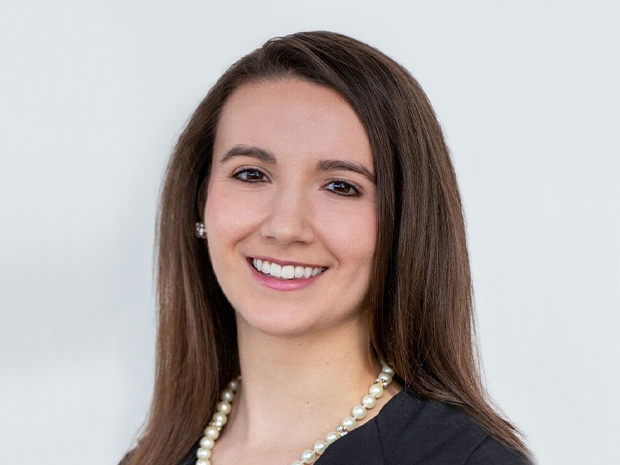Executive summary: cafeteria plan substantiation requirements reinforced
In Chief Counsel Advice Memorandum 202317020, issued April 2023, the IRS confirmed that it is not a compliant practice for employers to allow employees to self-certify or use certain other “shortcut” mechanisms (discussed below) to substantiate that their medical expenses qualify for reimbursement.
According to the CCA, using one or more of these “shortcut” substantiation practices results in the cafeteria plan losing its status as a cafeteria plan, and the plan benefits may become taxable to the employees and are subject to federal income taxes, FICA taxes, and FUTA taxes. Cafeteria plan sponsors should carefully review the substantiation guidance provided in CCA 202317020 and work with their payroll provider or PEO (if applicable) to ensure that proper substantiation methods are in place.
IRS issues guidelines regarding substantiation of expenses for cafeteria plans
Background
The section 125 cafeteria plan rules allow an employee to elect to reduce compensation and have the employer use that amount to pay for certain employer benefits, such as group health premiums on an income tax-free and Federal Insurance Contributions Act (FICA)-free basis. In addition, employees can elect to reduce their taxable compensation and receive plan reimbursements for medical, dental, vision and dependent care benefits that the employees incur during the year. Only certain benefits can fit under this rule, and there are a number of requirements that must be satisfied to use section 125’s tax-free provisions.
Prop. Reg. section 1.125-6 outlines rules for employees substantiating their reimbursement claims for medical and dependent care expenses incurred through a cafeteria plan. If employees want to have expenses reimbursed under section 125 (under a health flexible spending account (FSA), dependent care FSA, health savings account (HSA), or health reimbursement arrangement (HRA)), they must substantiate that they actually incurred the claims. If properly substantiated, the reimbursements can be paid tax-free and FICA-free to employees.
Prop. Reg. section 1.125-6(b) specifies that "all claims" under a cafeteria plan, regardless of dollar amount, must be substantiated with third-party supporting documentation before reimbursements are processed. The regulations noted that shortcuts in applying these rules would result in a cafeteria plan failing to be treated as satisfying the section 125 rules and, thus, the plan, or at least the reimbursements made to employees, would be taxable and subject to income and payroll tax reporting and withholding.
The regulations discuss several specific shortcuts as not meeting the substantiation requirements; these prohibited methods include, for example:
- Requiring only a sample of claims, rather than all claims, to be substantiated,
- Applying a de minimis threshold under which claims are not substantiated,
- Allowing employees to self-substantiate an expense (e.g., by listing what the expense pertained to, the date incurred, and the amount of the expense, rather than having employees provide third-party supporting documentation, such as an explanation of benefits or statement from their provider) or self-certify that an expense is eligible for reimbursement,
- Providing advance reimbursements for expenses to be incurred at a later time (e.g., as often arises in the context of dependent care FSAs), and
- Not requiring third-party supporting documentation for expenses charged through a debit card linked to an employees’ benefit account if the expense was not 1) a recurring expense previously substantiated, or 2) an expense that was incurred at certain locations, such as physicians’ offices, dental offices, hospitals, drugstores, or pharmacies.
If at least one expense for any participant in a cafeteria plan is reimbursed pursuant to one of the above “prohibited” methods, the entire plan could be disqualified. In theory, a reimbursement error for one employee would result in all employees enrolled in the cafeteria plan having to recognize gross income for benefits they would have been provided under the plan given their benefit elections for the plan year.
Issues
In an effort to simplify plan administration or increase the speed of processing reimbursements, plan administrators and employers have implemented some of the above “prohibited” methods for substantiating expenses.
IRS CCA 202317020 reminds IRS agents, plan administrators and employers that the IRS views the use of such methods as inappropriate. The IRS suggests that this may be an area of IRS scrutiny.
The IRS has noted that with new budgets and hiring, there may be heightened enforcement efforts. Thus, the timing of the release of CCA 202317020 may be intended to be an indicator that cafeteria plan reimbursements may be a target for future IRS examinations.
Takeaway
Cafeteria plan sponsors should work with their payroll provider or PEO (as applicable) to review their cafeteria plan expense reimbursement policies . They may also want to conduct a review of their reimbursement practices to identify whether any changes or corrective actions are needed.




